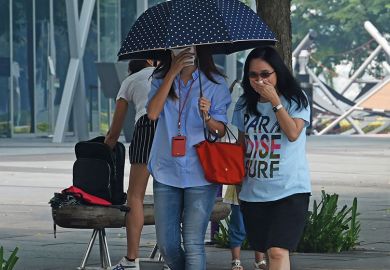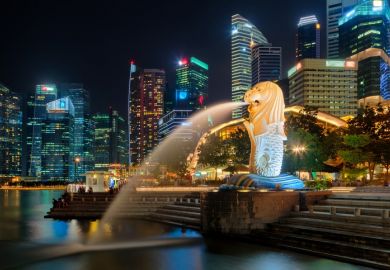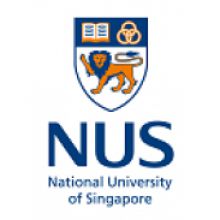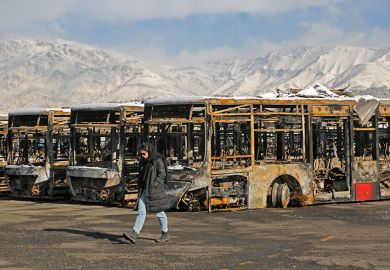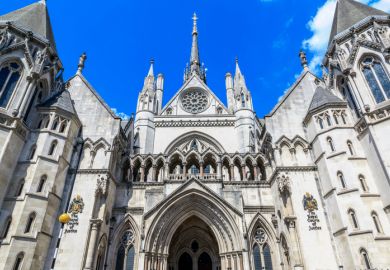The cancellation of a course on “Dissent and Resistance in Singapore” has been seen as a demonstration of the challenges of delivering a US-style liberal arts education in a politically conservative Asian city state.
The course was axed by Yale-NUS College, a collaboration between Yale University and the National University of Singapore, shortly before it was due to run from late September to early October. The case gained greater prominence when its convener, Alfian Sa’at, who is a poet and playwright, was singled out for criticism in Singapore’s parliament by Ong Ye Kung, the education minister.
“The worry that our institutions of higher learning may be used to conduct partisan political activities to sow dissent against the government is not unfounded,” Mr Ong said.
The course would have included a visit to Speakers’ Corner in Singapore, a discussion about censorship and a screening of Joshua: Teenager vs Superpower, a documentary about Hong Kong student activist Joshua Wong.
The class was questioned by politicians such as Tan Chuan Jin, the speaker of parliament, who linked its themes to youth-led protests in Hong Kong. Writing in a Facebook post, he asked: “Given what is happening in Hong Kong and elsewhere, do we believe that this is the way to go? Is this the liberal education that we need to get us into the future?”
But academics and journalists rallied behind Mr Alfian and spoke out about the cancellation.
Amid allegations that Yale was bending to state pressure, Pericles Lewis, Yale’s vice-provost for global strategy, flew to Singapore to investigate. The resulting report from Professor Lewis, who previously served as Yale-NUS’ founding president, concluded that “the decision to cancel the module was made internally and without government interference in the academic independence of the college”. Instead, “concerns about the academic rigor and the legal risks to students” contributed to the decision.
There is no evidence that the Ministry of Education directly told the university to cancel the course. However, critics have asked if self-censorship was at play.
“I think the most likely explanation for what happened is Yale, not just YNUS, engaging in self-censorship, which is very prevalent in Singapore academia,” said Linda Lim, a Singaporean economist and professor emerita of corporate strategy and international business at the University of Michigan.
She thinks that Mr Ong’s parliament address “blew up what might or should have been a relatively small matter internal to Yale-NUS into a major national, even international, policy issue – essentially establishing new, more explicit and restrictive, curbs on academic freedom”.
“It really gets to the heart of not just the practice of academic freedom within an institution, but also the tension between institutional principle and social context pragmatism that will inevitably arise when universities globalise, especially into illiberal societies,” Professor Lim said.
Register to continue
Why register?
- Registration is free and only takes a moment
- Once registered, you can read 3 articles a month
- Sign up for our newsletter
Subscribe
Or subscribe for unlimited access to:
- Unlimited access to news, views, insights & reviews
- Digital editions
- Digital access to THE’s university and college rankings analysis
Already registered or a current subscriber?



